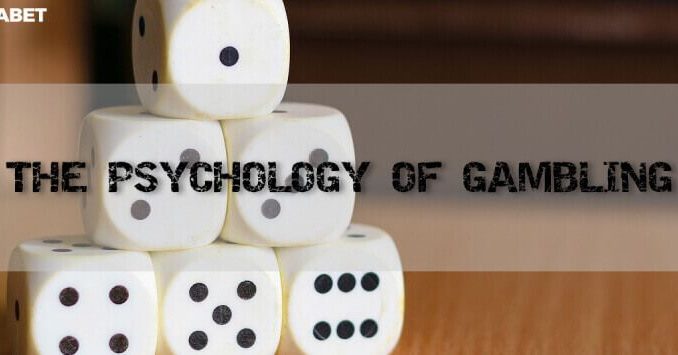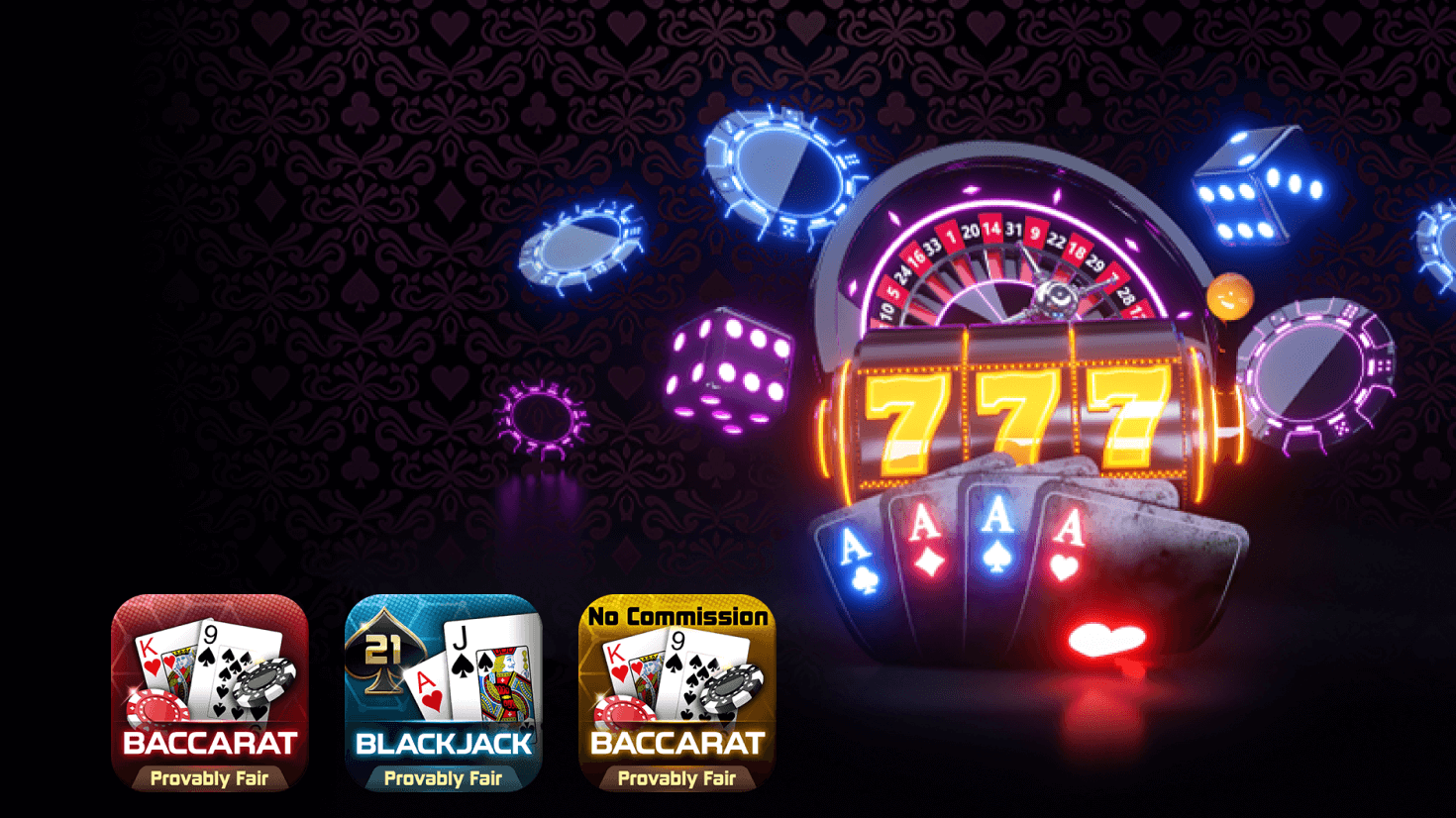
In today’s technology-driven world, gambling has become increasingly accessible through online platforms and mobile apps. While it can be a fun and exciting pastime, it’s important to understand the psychology behind gambling and how to stay in control of your behavior. In this article, we’ll explore the factors that influence our gambling habits and provide tips on how to gamble responsibly.
The Appeal of Gambling
Many people are drawn to gambling for the thrill of the game and the possibility of winning big. The unpredictability of outcomes and the rush of adrenaline that comes with taking risks can be intoxicating. In addition, the social aspect of gambling, whether it’s playing with friends at a casino or participating in online multiplayer games, can make it a fun and engaging activity.
The Risks of Gambling Addiction
While gambling can be a source of entertainment, it’s important to be aware of the potential risks. Gambling addiction is a serious problem that can have devastating consequences on a person’s finances, relationships, and overall well-being. Like any other addiction, compulsive gambling can lead to feelings of shame, guilt, and isolation.
Understanding the Psychology Behind Gambling
There are several psychological factors that can influence our gambling behavior. One of the most common is the concept of reinforcement. When we win at gambling, our brains release dopamine, a neurotransmitter that is associated with pleasure and reward. This can create a cycle of positive reinforcement, where we are motivated to continue gambling in search of that same feeling of euphoria.
Additionally, the concept of near misses can also play a role in our gambling habits. When we come close to winning but ultimately lose, our brains interpret this as a near miss and can trigger a sense of urgency to keep playing in hopes of achieving a win. This phenomenon is known as the near-miss effect and can contribute to compulsive gambling behavior.
Tips for Responsible Gambling
While gambling responsibly is possible, it requires self-awareness and discipline. Here are some tips to help you stay in control:
Set limits on how much time and money you can spend gambling.
Avoid chasing losses by setting a budget and sticking to it.
Take breaks and engage in other activities to prevent burnout.
Seek support from friends, family, or a therapist if you feel your gambling habits are becoming problematic.
Conclusion
Gambling can be a fun and entertaining activity when approached responsibly. By understanding the psychology behind gambling and implementing strategies to stay in control, you can enjoy the thrill of the game without falling into addiction. Remember to gamble for fun, not as a means of escape or financial gain, and always prioritize your well-being above all else.
By practicing mindfulness and setting boundaries, you can ensure that your gambling habits remain a source of enjoyment rather than a source of turmoil. Stay informed, stay in control, and enjoy the game responsibly.
